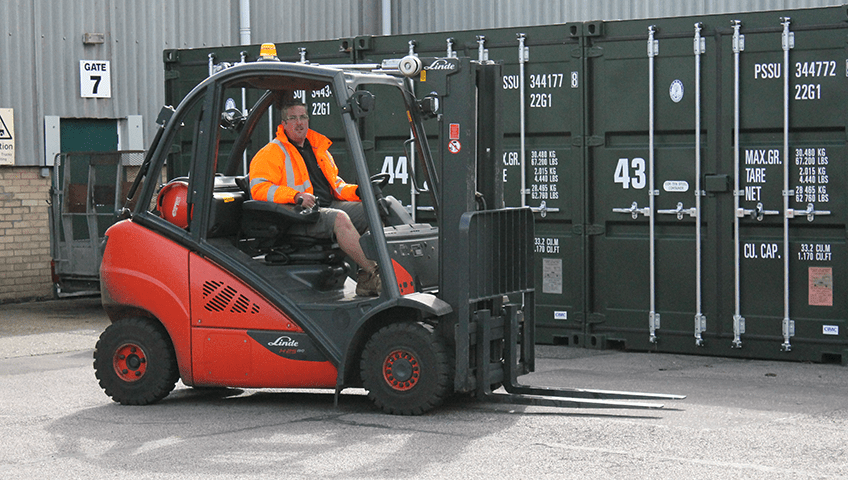Online sales are booming whilst the high street struggles. As we’re emerging from lockdown and non-essential shops are now open, is it too late to change consumer shopping habits back to a pre Covid state? Many online retailers’ sales have soared throughout the last year, and the need for physical shops seems to be dwindling.
During all 3 lockdowns, there has been an upsurge in DIY; people have not been able to go on holiday or socialise. That coupled with the money saved on the daily commute means that time and cash has been spent on home improvements instead. The parent company of B&Q and Screwfix cashed in on the DIY boom seeing an increase in profits of a whopping 634%! Much of this has been through ‘click and collect’ sales.
Retailers have had to adapt to new shopping trends and pull out all the stops to ensure sales are keeping the tills full, albeit virtually. High rents are forcing many shops to keep their doors shut permanently, but many virtual doors have opened as a consequence. Instead, the warehouse ‘space race’ is on! Warehousing offers a lower outgoing whilst providing the storage space needed to house stock to satisfy internet shoppers. According to the Office for National Statistics, online retailers accounted for more than 40% of warehouse take-up in 2020 as they adjusted to the increasing levels of demand.
When you factor in the demands for warehousing services to the likes of the NHS who need to store huge consignments of PPE, it’s no wonder that warehouse storage space is at a premium.
With online sales projected to account for up to 32% of total retail sales by 2024, this will have significant implications for the logistics market. The growth in e-commerce is helping drive demand for space whilst B to C retail requires more intensive picking and packing operations in comparison to regular retail. This has created the need for additional warehouse space.
We provide commercial storage unit solutions for businesses throughout Bedfordshire, Cambridgeshire, and Hertfordshire, offering self-storage or palletised storage options. Call our Cambridgeshire based team today on 01480 215555 for more information.

